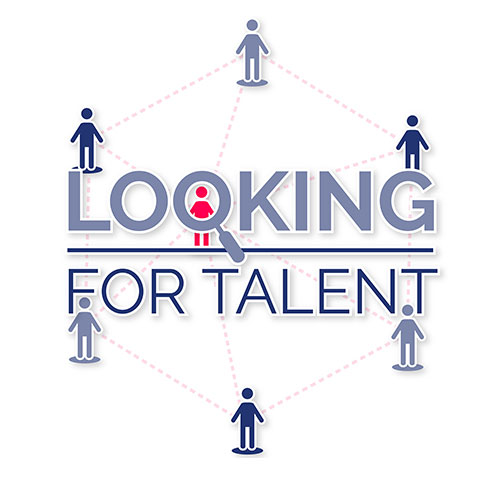Table of Contents
ToggleIntroduction
Cornerstone 1:
Data Analytics
Cornerstone 2:
Automation
One of the key benefits of automation is that it frees up recruiters’ time to focus on more high-value tasks, such as developing relationships with candidates or evaluating their fit with the organization’s culture. Automation can also help organizations to handle large volumes of applications, which can be a particular challenge for recruiters in industries that experience high demand for talent.

One of the key benefits of automation is that it frees up recruiters' time to focus on more high-value tasks, such as developing relationships with candidates or evaluating their fit with the organization's culture.
Cornerstone 3:
AI and Machine Learning
AI and machine learning can also help organizations to eliminate bias from the recruitment process. By analyzing candidate data, these technologies can identify patterns that may not be immediately apparent to human recruiters. For example, they can flag instances where certain groups of candidates are being unfairly excluded from consideration.
Cornerstone 4:
Cloud-based Solutions
One of the key benefits of cloud-based solutions is that they can be easily customized to meet the specific needs of an organization. For example, recruiters can create custom dashboards that show key metrics like time-to-hire or applicant volume, or they can create custom workflows that reflect the unique stages of their recruitment process.
Aa strong employer brand can help organizations to retain existing employees by demonstrating that they are committed to creating a positive workplace culture.

Cornerstone 5:
Employer Branding
The final cornerstone of digital transformation in talent acquisitions is employer branding. By investing in employer branding initiatives, organizations can differentiate themselves and attract top talent. This can include developing a strong social media presence, creating engaging job postings, and ensuring a smooth and personalized candidate experience throughout the recruitment process.<br><br>
Employer branding is especially important in industries that experience high demand for talent. By developing a strong employer brand, organizations can make themselves more attractive to top candidates, and can increase the likelihood that those candidates will accept a job offer. Additionally, a strong employer brand can help organizations to retain existing employees by demonstrating that they are committed to creating a positive workplace culture.
Summary
FAQ's
Benefits include increased efficiency, reduced costs, an improved candidate experience, and better candidate matching.
Identify areas for automation and optimization; invest in cloud-based solutions; optimize for mobile devices; and invest in employer branding.
Challenges include cost, upskilling staff, the potential for bias, and a preference for traditional recruitment methods.
Set clear metrics and goals, leverage data analytics, and solicit feedback from job seekers and internal stakeholders.




